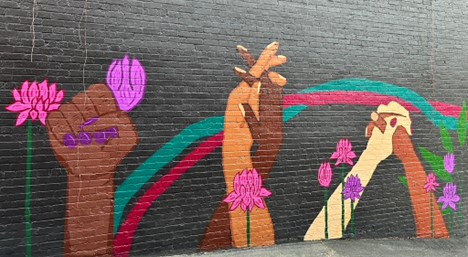The Jordan Institute for Families
The UNC School of Social Work

- This event has passed.
Transforming Developmental Trauma’s Impact on Emotion Regulation & Connection
Event Navigation

Research has shown that adverse childhood experiences–physical and emotional abuse, neglect, exposure to domestic violence or substance abuse, and other early exposures to violence–are more common than thought and can cause profound and pervasive effects on physical and mental health. As adults, survivors of early trauma may experience:
- complex disruptions of affect regulation,
- disturbed attachment patterns,
- rapid behavioral regressions and shifts in emotional states,
- aggressive or destructive behavior against self and/or others,
- delays or disruptions in achieving developmental competencies,
- altered schemas of the world,
- an overactivation of their stress response system,
- altered awareness or assessment of danger, dissociation or numbingx
- multiple health problems: cardiovascular, metabolic, immunological, and sexual disorders,
- problems with self-concept and self-regulation, and
- chronic feelings of shame, self-hatred, self-blame.
While the DSM-5 does not include a diagnostic category of “developmental trauma disorder,” treating these constellation of problems in a piece meal fashion would miss out on how they express a system of internal disorganization.
In this workshop, Kate Gotelli will explore ways that adults who have a history of adverse childhood experiences can learn to make sense of their own struggles and begin a process of healing with self-awareness, compassion, and safe re-connection in present relationships. Kate will explain and demonstrate how to approach charged schemas, emotions and sensations in a manner that reduces sympathetic arousal, overwhelm, and helplessness while increasing clients’ capacity to negotiate stress and trauma. She will also offer practical recommendations on how to use the therapeutic relationship itself to help individuals with developmental trauma to restore control and power that creates safety, allows for remembrance and mourning, and promotes reconnection with everyday life.
